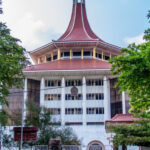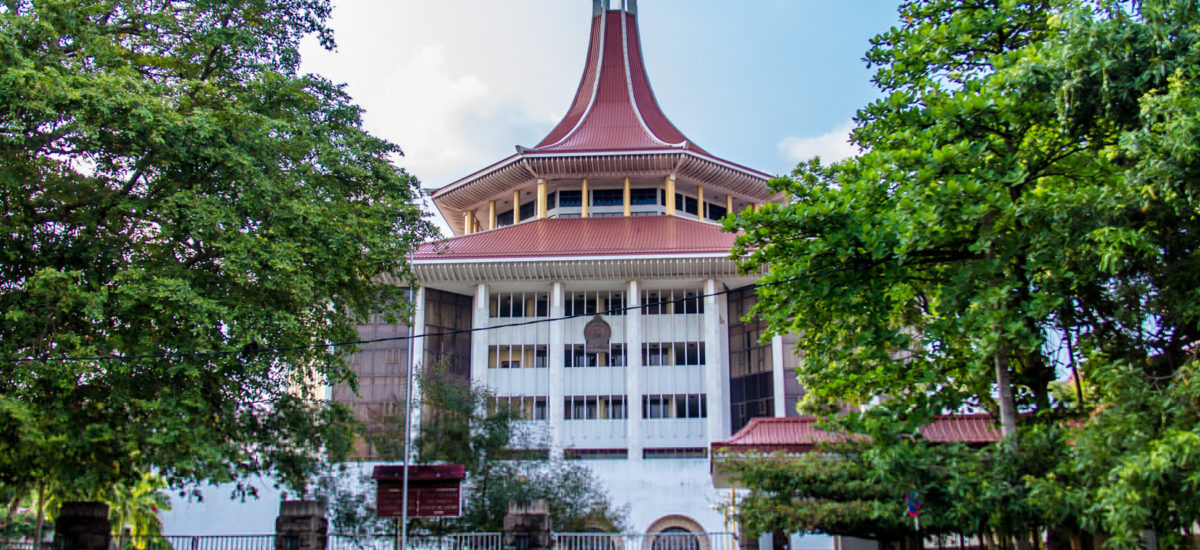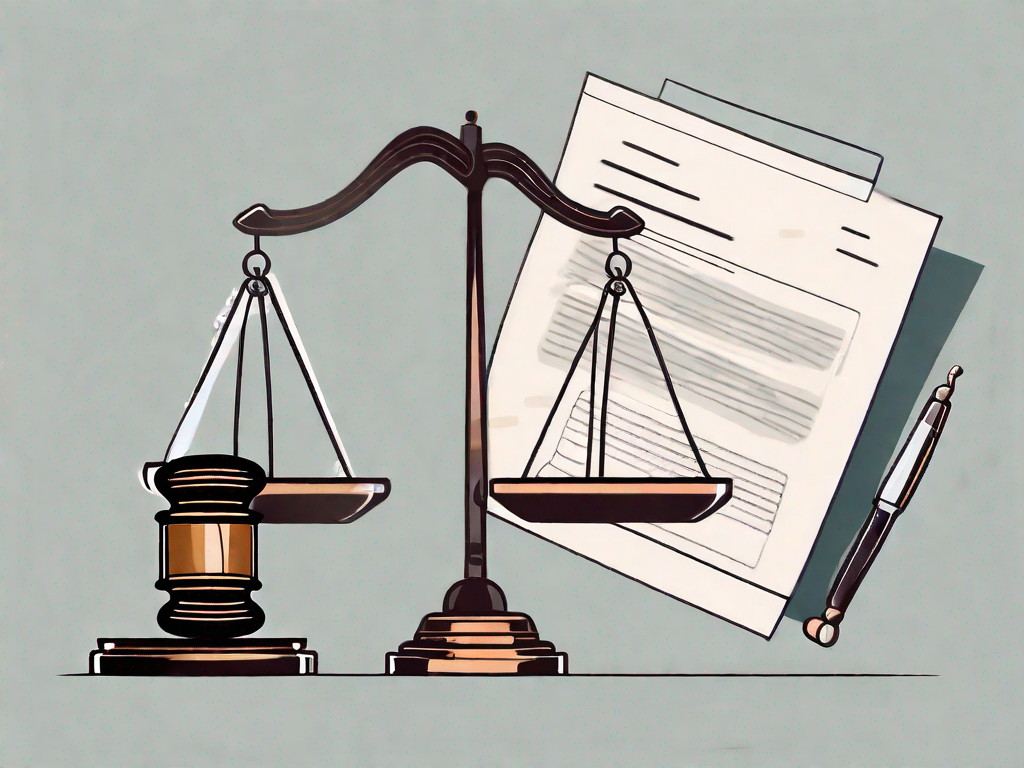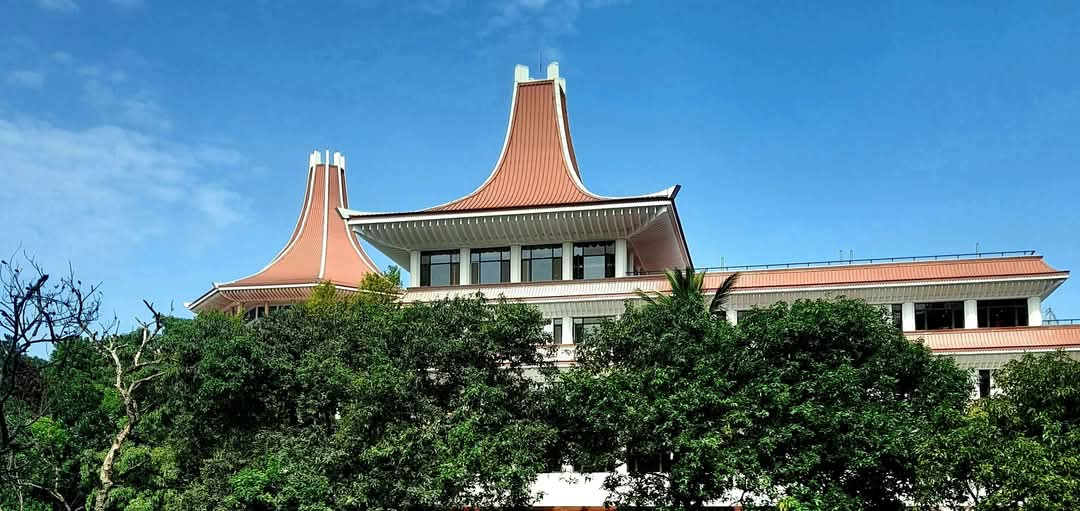SC Examines: Mere Title vs. Possession Rights Based On Historical Agreements
Mere Title vs. Possession Rights Based On Historical Agreements

The Supreme Court recently examined the distinction between mere paper title and actual possession in a property dispute originating from a 1975 settlement agreement. The case involved R.V. Bandaratilake and the Gamage family, illustrating how historical agreements can impact current claims to property. The court emphasized that while legal ownership may be documented on paper, the right to possess the property is grounded in the terms of past agreements.
Background: The 1975 Settlement Agreement
The core of this dispute lies in the 1975 agreement, where R.V. Bandaratilake’s father, as the landlord, settled terms with K.H. Gamage, allowing Gamage to purchase the property for Rs. 70,000. The agreement stipulated that Gamage could remain in possession until the formal deed of transfer was executed by N.M. Bandaratilake, R.V. Bandaratilake’s mother. Despite Gamage fulfilling his payment obligations, the transfer deed was never executed, leading to ongoing legal challenges.
Earlier Court Decisions
Both the District Court and the Court of Appeal upheld Gamage’s right to remain in possession, citing the binding nature of the settlement. The Supreme Court had previously affirmed that Gamage’s occupancy was valid and contingent on the execution of the transfer deed, underscoring the principle that parties cannot convey better rights than they possess.
Current Issue:
The crux of the current issue lies in how to interpret the earlier Supreme Court decision concerning the timing of the draft deed submission and the implications for costs. Specifically, the question is whether the Gamage family retains the right to execute the deed despite the expiration of the deadline.
Following is the relevant passage of the previous supreme court judgment :
“We award the substituted defendants-respondents costs in a sum of Rs.30,000/- in all three courts payable on or before 1.3.2004. However, if the substituted defendants-respondents tender a deed of transfer at their expense on or before 31.12.2003 reciting as consideration the sum of Rs. 70,000/- already deposited- the draft deed to be approved by Court if disputed by the plaintiff-appellant- and if the plaintiff appellant executes the transfer on or before 28.02.2004, no cost would be payable.”
The interpretation hinges on whether the time frame specified in the Supreme Court ruling was merely procedural or if it fundamentally affects the substantive rights of the parties involved.
The Supreme Court held in the current case that:
“……as per the Supreme Court Judgment the execution of the deed should have taken place prior to 28.02.2004, otherwise the Substituted Defendants (Petitioner and the Other Substituted Defendant Respondent) were entitled to the costs ordered. I agree with the submission made on behalf of the Petitioner that the time limit that was imposed by the Supreme Court relates to the payment or non-payment of the costs. It does not affect the rights of the parties in terms of the settlement as interpreted by the Supreme Court Judgment. However, there is no direction by the Supreme Court that a deed must be executed or it could be executed through the Registrar of the District Court in terms of section 331 and 332 of the Civil Procedure code…..”
“…..Hence, this appeal is dismissed. No costs are ordered. However, this Judgment should not be an obstacle for the successors of the original Defendant and the Plaintiff Respondent or his successors to negotiate and execute a deed of transfer. Anyhow, as at now, the Plaintiff Respondent has the mere paper title and does not have a right to get the possession back. He is also bound to pay the costs ordered by the Supreme Court in its judgment dated 21.10.2003. The successors of original Defendants are entitled to enjoy the possession of property based on the settlement and the Supreme Court Judgment.” – Justice E.A.G.R. Amarasekara
Case No: SC/APPEAL/20/11 [Decided on 8th August 2024]
Before: Hon. Vijith K. Malalgoda, PC, J. Hon. E.A.G.R. Amarasekara, J. Hon. Yasantha Kodagoda, PC, J.







